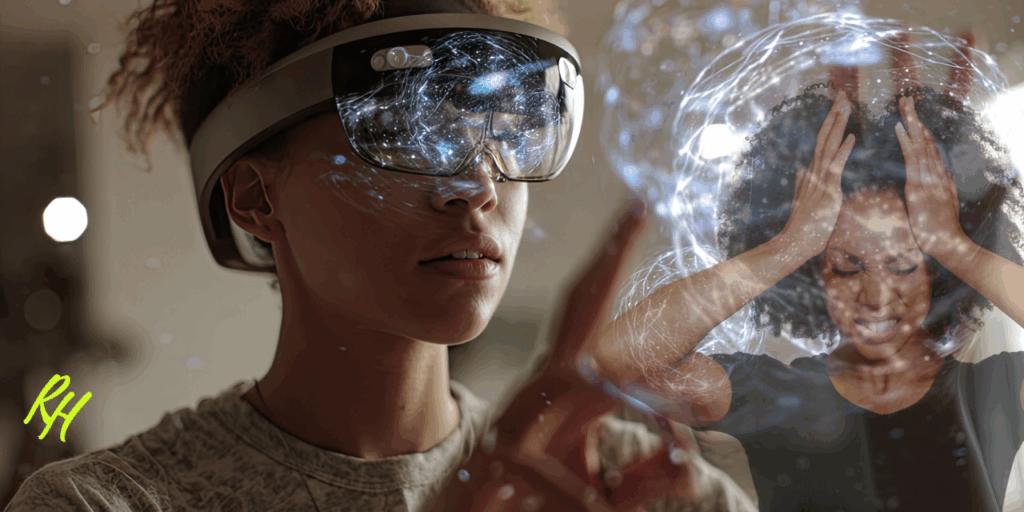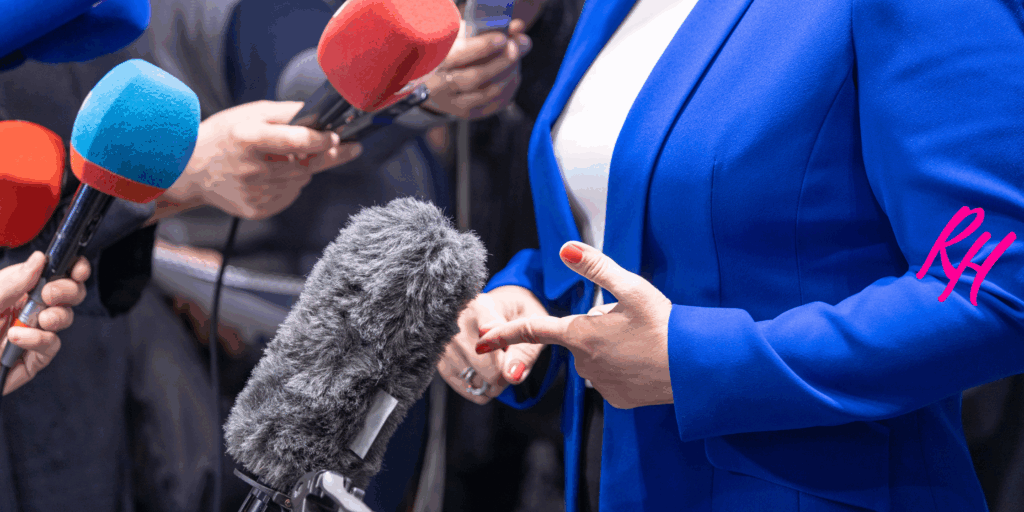[vc_column_text]Why bother trying? That’ll never happen for me.
This kind of negative self-talk that invalidates and negates opportunities for us is exactly what Mel Robbins is talking about in her Fatal Mistake That Keeps People From Being Happy video. The trouble is, I think in this case, Mel gets it wrong. It’s not the self-talk that prevents our happiness – it’s the thing that happens just before it.
I am obsessed with how we can make our brains work for us rather than against us. The trouble is that our brains aren’t naturally set up to make us happy. Nature only cares about survival, not about our happiness. But that doesn’t mean that we can’t reprogram our brains to find new levels of happiness, health, and wholeness in the modern world in which we live.
Okay, back to Mel. Now look, I’m a huge fan of Mel Robbins, and I like to think that she’d be the first to admit when she gets it wrong. But I think in one of her more popular videos about what keeps us unhappy in life, she misses the mark. The premise of her video is that people become unhappy when they’re scrolling through social media or they’re watching television and they see that dream life, that dream partner, that job, or any of the things they really want, and they believe they can’t have. So they start telling themselves that story of “I’ll never have that, I’ll never be that, I’ll never get that yacht or that vacation home or that perfect partner.” Her premise is that in order to move past that unhappiness, you should use that state of jealousy and envy to actually propel you forward into action: to go after those things, whatever it is that you want to buy or look like or become. You can have it so long as you put in the work, do the actions, and go for it. Okay, fine. I think some of what Mel is saying is true. A lot of us get stuck in the inaction, and we never put in the work to achieve the things that we believe that we want. Most of what people believe they want is on the other side of that hard work that you have to put in. But I don’t think that’s what’s actually making us unhappy. In fact, I’m convinced of it.
Here’s why: as humans, we’re really bad at knowing what actually makes us happy. A 2006 review of the scientific literature found that people systematically failed to identify what would maximize their happiness. As humans, we assume that we’re constantly making choices in our own best interests, and that those choices will lead to increased happiness. The trouble is…we don’t. Those dreams that we pursue or the lives that we think will make us happy don’t end up making us any happier. According to research published in the National Academy of Sciences, an increase in income or goods at one’s disposal doesn’t actually lead to an increase in one’s happiness. This is because of something known as hedonic adaptation – essentially, once you reach that peak of what you’re striving for, or you achieve that outcome, or buy that yacht, you just look out further. “What’s the next thing I can get? What’s the next thing I can accomplish?” Your brain adapts to that level of happiness and just looks for more. Think of someone running on a treadmill, constantly chasing that thing that’s just out of reach. When we use comparison as a point of happiness, we’re constantly socially looking around and going, “But they have something better, so I must not be as happy as I think I am.”
While we may not inherently know what makes us happy, it turns out we do know scientifically what makes us unhappy, and it’s actually the very thing that Mel suggests doing in her video: looking around and looking at others (aka social comparison). While I believe the intention is good, Mel suggests using that social comparison, or that envy, as a way to motivate and push yourself forward. But in practice, we’ve found the effects to be really detrimental. Research from the University of California and Stanford has found that while modest peer comparison can lead to some healthy competition, when we become consumed by it (like most of us are on social media these days), what ends up happening is that we’re bound to live a less satisfied, less fulfilled, and less happy life.
Happiness, according to our brain, is just doing relatively better than anyone else, which seems like a pretty ugly way to have to live life. While the brain is predisposed to comparing and ranking possessions, talents, achievements, appearance, etc. we can actually use this information for good. When you’re feeling happy because of your relative positioning (i.e, your life is a little bit better than your neighbors) you can use that positioning to actually do even better and make yourself feel even better. Here’s how: just give back. Giving back gives you more. A London school of Economic Study found that, in Americans, when volunteering increased, so did their happiness. Those individuals who volunteered just twice a month were 12% more likely to rate themselves very happy with their lives. And to me, the coolest part of the study was that volunteers were equally likely to be happy, whether or not they had high or low statuses. So maybe the key to true happiness isn’t what we think we want, but rather what all humans actually need: meaningful connection to one another, rather than comparison.
Stay fearless my friends![/vc_column_text][vc_row_inner css=”%7B%22default%22%3A%7B%22margin-top%22%3A%221.5rem%22%7D%7D” columns=”1″][vc_column_inner][vc_video link=”https://www.youtube.com/watch?v=YumcJbdvP3A&t=11s”][/vc_video][/vc_column_inner][/vc_row_inner]

![Fearless blog FEAR[less] blog](https://rebeccaheiss.com/wp-content/uploads/2024/05/Fearless-blog.png)


